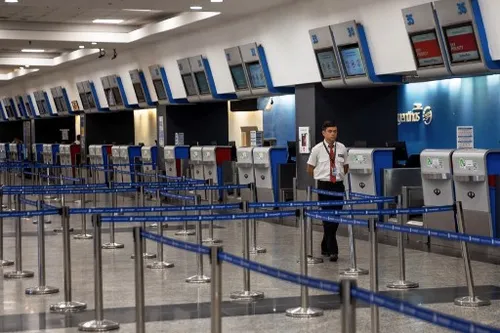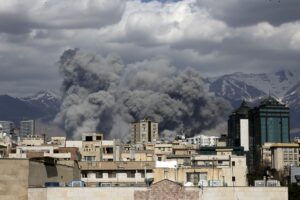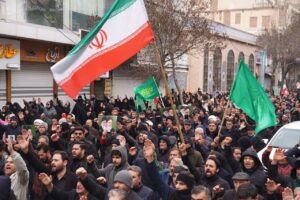
The decision by Javier Milei’s ultraliberal government to change the requirements for Brazilians to enter the country violates the Argentine Migration Law, the agreements established by Mercosur and bilateral agreements between the countries. This is the assessment of Andrea Acevedo, an Argentine specialist in human rights and migration who works at the Institute against Discrimination of the Public Defender’s Office of the Autonomous City of Buenos Aires.
In an interview with Brazil in factAcevedo assesses that the use of the “fake tourist” protocol against migrants trying to enter the country, combined with the closure of the National Institute against Discrimination, Xenophobia and Racism (Inadi), announced on Thursday (22), sparks warns about the discriminatory nature of the Argentine government in fueling paranoia against migrant populations.
“This is very serious, because all the situations that led us to the worst crimes against humanity always began with discriminatory practices. There are different alerts, it is important to combine each one. And the fake tourist is a warning of discrimination against migrant populations.”
fake tourist
The false tourist protocol is a policy used during the civic-military dictatorship in Argentina, recycled in provision 4362/2014 of the National Department of Migration (DNM), linked to the Ministry of the Interior of Argentina, which began to be used indiscriminately at from Milei’s possession. The protocol is applied through migration agents at river and air borders and at the country’s airports.
When suspecting that a foreigner trying to enter the country is a fake tourist – which means that he aims to establish himself in the country – agents require proof such as return tickets, credit cards or resources to stay in the country and travel reservations. accommodation. If the agent does not consider the documentation presented sufficient, the person is directed to a second filter, which consists of being subjected to interrogation in a closed room.
“It’s a room where the person will be incommunicado, closed. They claim that she is not detained, so it is very difficult to present resources to regain her freedom, as would be a habeas corpus. But the person can stay in that place for up to 24 hours or more, as happened with the Brazilians while they were resolving their situation”, says Acevedo.
If after this second filter, the migration agent considers that that person does not meet the requirements required to enter the country as a tourist, they are instructed to sign a document saying that their entry was rejected and return through the means they entered. In practice, the decision on a person’s entry into Argentina is the responsibility of the migration official, which characterizes a “discriminatory bias” of this policy, points out Andrea Acevedo.
“An immigration officer can evaluate that person’s appearance, as happens at public events and establishments. It is about carrying out control at the discretion of the people who receive you, an arbitrary criterion and subject to discrimination.”
Mercosur and bilateral agreement with Brazil
Andrea Acevedo points out that the application of the fake tourist policy violates the Argentine Migration Law, which establishes migration as a human right and expands the categories of permission for foreigners to enter the country, as well as the protocol valid since 2002 by Mercosur, in which foreign citizens can stay for up to 90 days in other countries in the bloc as tourists, without needing to present any type of visa.
The Mercosur agreement also provides that a person who has entered as a tourist can access a temporary stay in Argentina for a period of up to two years. She highlights that the use of this policy is “even more serious” in the case of Brazil, which has a bilateral migration agreement with Argentina established since 2009, which guarantees Brazilian citizens who enter the country as tourists the right to root.
“This bilateral agreement says that Brazilians are qualified to settle permanently in the country. It is the strongest residency agreement, which grants the longest stay. So what is the suspicion? It’s a huge contradiction.”
Contacted by the report, Itamaraty stated, in a note, that it became aware of reports of inadmission of Brazilian students in Argentina through the Embassy and Consulate General in Buenos Aires and carried out actions on the matter with local authorities.
“In the contacts established, the Argentine side was reiterated the importance of applying the Agreement on Residency for Nationals of Mercosur State Parties, which provides for measures to facilitate the free movement of people. In response, local authorities indicated the need for students Brazilians enter Argentina using the appropriate visa. The Brazilian government recommends that interested parties seek information from Argentine consular authorities regarding the documents and requirements necessary for entry and stay in the country according to the objectives of the trip”, says the note.
Editing: Rodrigo Durão Coelho
Source: www.brasildefato.com.br

